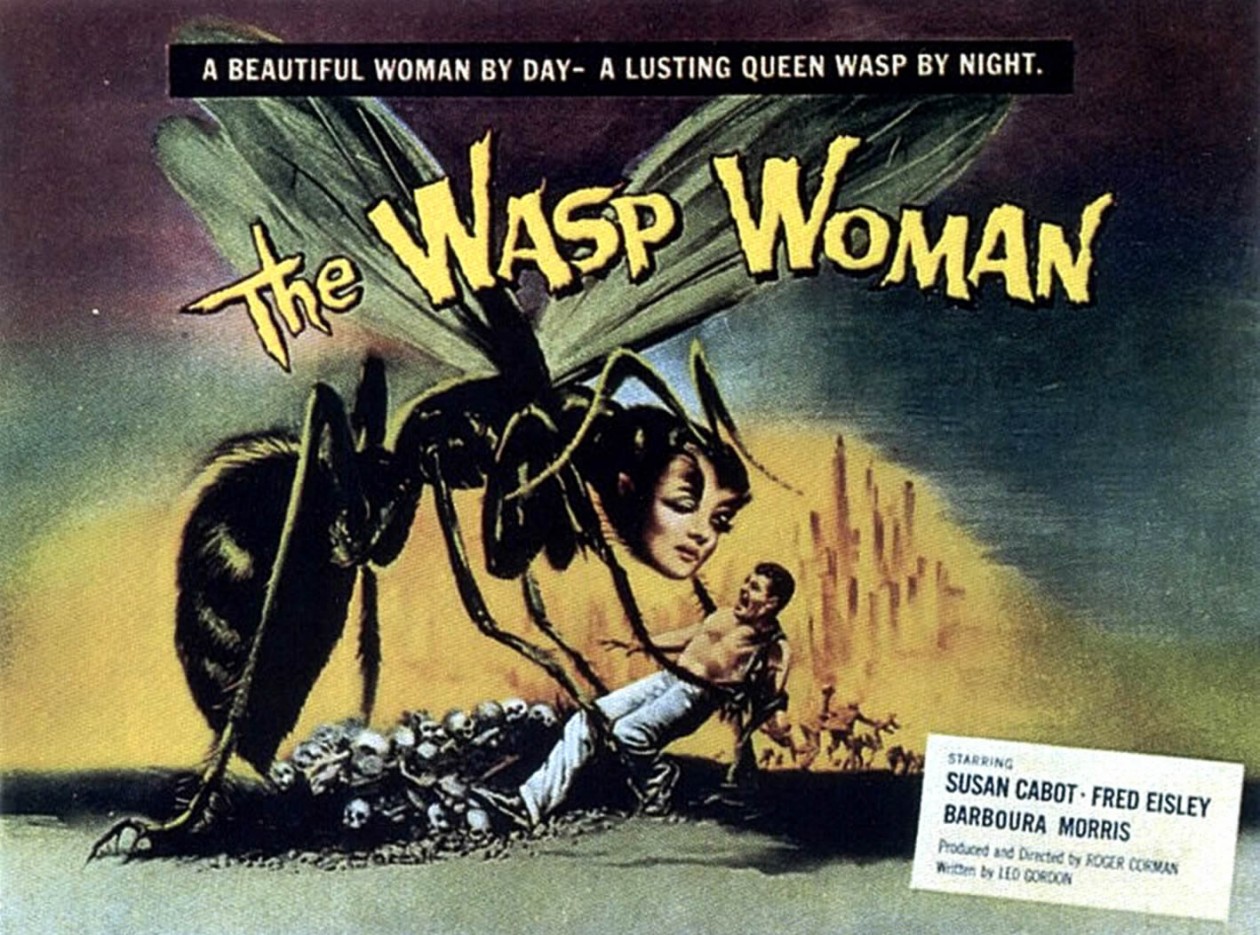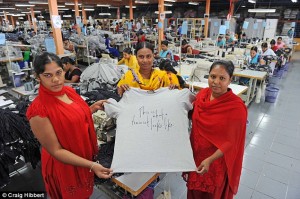Sarah Baartman was a South African female sold into slavery in the 19th century. She was showcased around Great Britain and France because she had a relatively large posterior. An obsession was created among these European societies with her different body type casting Baartman, and therefore all African females, as others against the white European norm. Her body was labeled as grotesque because she was curvy in a way white European women were not. She was overtly sexualized and objectified in front of paying crowds. Her body became an object of desire for white males due to what was considered obscure feminine characteristics thus, leading to the creation of the bustle. White women of higher class wore the bustle to make their rear ends appear larger than they were, but a large rear end was not considered overly sexual on them because at the end of the day, these women could remove the bustle making them superior to Baartman and African females. Baartman’s objectification and sexualization is noted as the origin of the obsession with objectifying and sexualizing women of color, especially their posteriors. The story of Baartman highlights intersectionality of ethnocentrism, race, class, and sexuality. Sarah Baartman’s stage name was Hottentot Venus.
When Marlene Dietrich’s character in Blonde Venus performs for the audience of the film for first time, the stage is a jungle with women of color dressed up in tribal garments performing behind Dietrich. Dietrich undresses from the gorilla costume and puts on the blonde Afro, and is objectified and sexualized by the audience in both the film and the viewers of the film. Dietrich’s character’s stage name in this scene is Blonde Venus. I thought this scene was interesting because I wonder if the name Blonde Venus is correlated to Hottentot Venus. Hottentot Venus being an object of foreign, erotic, African marvel, desire, and primitive sexuality during her parade around Europe. During her performance, Blonde Venus also being an object of primitive sexuality by being surrounded by women of color who are portraying primitive, tribal women.
I tried to research the connection, but there was not any free articles related to the subject.

